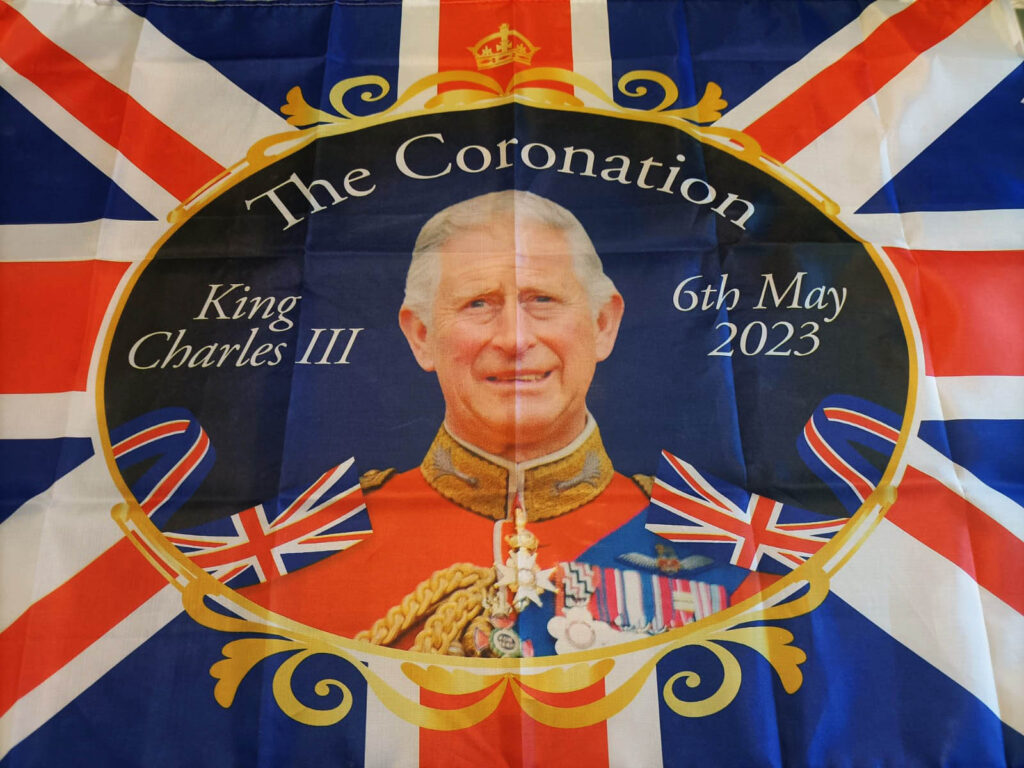At the age of 74, King Charles III will be formally crowned this Saturday but, in addition to the British throne and great wealth, the new sovereign inherits several challenges, in particular the future of the monarchy.
The United Kingdom is one of eight surviving monarchies in Europe, and is also the largest in terms of population, geographic size and influence.
Here are some of the main challenges facing the British monarchy following the coronation of Charles III:
+++ Modernization of the royal family +++
One of Carlos III's main missions will be to show that the monarchy continues to be relevant in a modern and multicultural country, where reverence for Queen Elizabeth II has silenced criticism during her 70 years on the throne.
Polls continue to show solid support for the current system, despite political and financial issues, family feuds and accusations of anachronism.
Some media reported the King's intention to simplify and streamline the monarchy, concentrating work on a smaller number of members of the royal family.
This process, which is expected to continue over time, began with the removal of Prince Andrew due to a sex scandal and Prince Harry and his wife Meghan in conflict with the royal family.
Of the 11 members who currently serve, only four are under 60 years old, so the reduction will happen naturally over time.
"A smaller royal family reduces costs and reputational risk", said law professor Robert Hazell, but it also implies that, in the future, it will not be able to attend as many events as it does today.
+++ International power and influence +++
In addition to the United Kingdom, the British monarch is the head of state of 14 other countries (Antigua and Barbuda, Australia, Bahamas, Belize, Canada, Grenada, Jamaica, New Zealand, Papua New Guinea, Saint Kitts and Nevis, Saint Lucia , Saint Vincent and the Grenadines, Solomon Islands and Tuvalu).
However, several former British colonies, especially in the Caribbean, have expressed their intention to end the constitutional monarchy system to become republics, following the example of Barbados, which took this decision in November 2021.
Among these countries, the Prime Minister of Antigua and Barbuda, Gaston Browne, promised to call a referendum by 2025 on the transition to a republic.
In Jamaica, the Constitutional Reform Commission was created to prepare for the separation of ties with the British monarchy, a decision that will be submitted to a referendum as early as 2024.
Belize also showed willingness to revise the constitution and discuss the transition to republican rule, while in Australia this debate also exists, although it is not a political priority.
+++ Survival of the monarchy +++
The preference in the UK for a constitutional monarchy over a republic has been consistently high for several decades, ranging between 60% and 80%.
These numbers haven't changed much in the six months since Charles became king, but the monarchy's popularity has been on the wane.
A poll published in April by the BBC indicated that 58% of Britons want to keep the monarchy, while only 26% would prefer to elect a head of state.
The same survey shows that it is in the age group between 18 and 24 that there is a majority (38%) in favor of the transition of the United Kingdom to a republic, against 32% who prefer to maintain the monarchy and 30% who are undecided.
This detachment of younger age groups from the monarchy was also observed in polls 30 or 40 years ago, writes Professor of Politics at the University of Strathclyde, John Curtice, in a report by the think tank 'UK in a Changing Europe'.
As those get older, the most recent polls suggest that sympathy for the monarchy also grows.
However, Curtice says that there are signs that the age gap has widened, and that those under 35 are now more skeptical of the monarchy, and even those over 65 have seen a slight decline.
“The monarchy may seem safe for now, but the foundations of public support need to be strengthened”, he warns.
The academic believes that “the future of the monarchy of King Carlos and his heirs will depend on their ability to persuade new generations of the value of the crown”.



















Comments